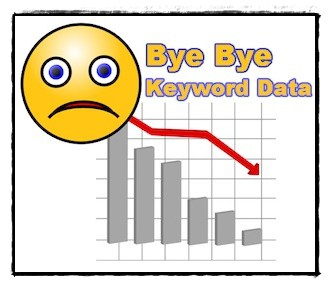By now you have read a lot about search intent or searcher intent on my website and blog. Just came across another blog post on the importance of knowing the search intent before writing your next piece of content.
What is search intent? How does it affect your content writing?
When someone queries Google (searches for something) she has an intention. She wants to find a piece of information that she needs. What is her intention? Why is she looking for that information?
This is search intent.
Why is it important to know the search intent?
If you do not know the search intent of your target audience, how do you publish content your target audience is looking for?
For example, I want traffic for “content writing services” and not for “how to become a content writer”.
Sure, I’m constantly publishing blog posts on how to be a better content writer and how to improve your content writing skills, but these posts are to inform my prospective clients how much I know about content writing and how I can use this wisdom to write quality content for them. Yes, when I’m drawing traffic from my prospective clients, I’m also drawing traffic for people who just want to learn about content writing and have no intention of giving work to me.
Anyway, there are many benefits of getting people to your website who are looking for useful information but have no intention of giving work to you or buying from you (they can increase your brand visibility in many ways).
Searcher intent can be of the following types:
- Informational intent: People are simply looking for information, such as “how can quality content writing improve my search engine rankings?”
- Navigation intent: You look for “credible content writing services” on Google instead of typing the URL if you want to come to my website.
- Transactional intent: You want to find out how much my content writing services are going to cost.
- Commercial intent: You need a content writer for your business.
Google wants to provide you the best answers for your searcher intent and it is continuously improving its algorithm to make sure that you find what you are looking for.
For example, if you simply want information, you do not need to find information about the commercial aspects of any product or service related to that information. You just want information.
Similarly, if you want to buy something, you are more eager to know how you can buy that thing (for example, my content writing services) instead of wanting to know how to become a better content writer.
Subtle differences that can make big differences.
Knowing searcher intent can help you come up with targeted content.
Write content that provides useful information to increase your brand visibility and generate future needs.
Write content that tells people how they can benefit from your product or service to get more customers and clients.
Provide them commercial information so that they can make up their mind about doing business with you.
Knowing searcher intent helps you write targeted content.



